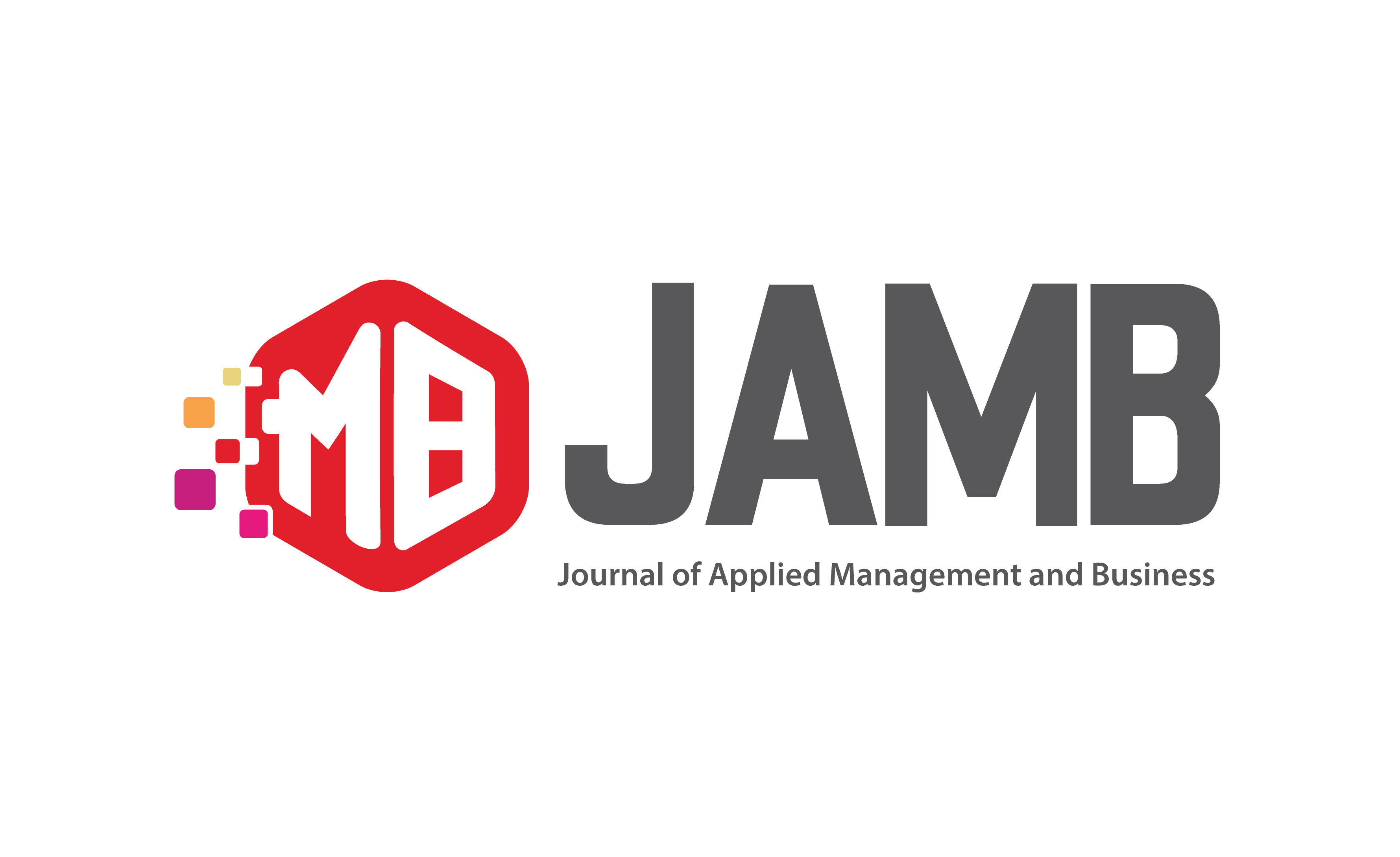Personal Financial Management Behavior of Surabaya College Students
DOI:
https://doi.org/10.37802/jamb.v1i2.145Keywords:
Academic Ability, Allowance, Financial LiteracyAbstract
This study aims to analyze the influence of academic ability, and allowance on the behavior and behavior of college students managing personal finance, with literacy or financial knowledge as intervening. This type of research is causal comparative with quantitative approach. The point of thought used in the research that is being worked on is the Theory of Planed Behavior (TPB). The research method used is discovery or quantitative. The population used is college students who are in Surabaya universities in the 2017-2019 school year. Samples in this study as many as 100 respondents, by means of data collection using questionnaires, the way of determining samples to be applied in this study is stratified random sampling. Analysis helper tools to process the data that will be used this research is SamartPls 3 and hypothesis test.
Downloads
References
[2] Gautam, M. K., & Singh, S. K. (2015). Entrepreneurship education: Concept, characteristics and implications for teacher education. Shaikshik Parisamvad (An International Journal of Education), 5(1), 21–35.
[3] Permatasari, A.; Erstiawan, MS.; 2013. Keberlanjutan Kurikulum Berbasis Kompetensi Dalam Meningkatkan Mutu Pendidikan Akuntansi pada 5 (Lima) Perguruan Tinggi Swasta di Surabaya. BIP’s Jurnal Bisnis Perspektif 5 (2), 123-156.
[4] Oguntimehin, Y., Abiodun, O., & Oyejoke, O. (2017). The relationship between entrepreneur education and students’ entrepreneurial intentions in Ogun State universities, Nigeria. British Journal of Education, 5(3), 9–20.
[5] Santoso, R.; Erstiawan, MS.; Mujayana, M. 2018. Review of Virtual Currency Potential as a Payment Instrument in Legal Aspect in Indonesia. IJBMI. Volume 7 Issue 12. 158-167.
[6] Santoso, R., Shinta, R., & Fianto, A. Y. A. (2019). Pengaruh Bauran Pemasaran Jasa terhadap Keputusan Berkunjung ke Wisata Bahari Jawa Timur. Jurnal MEBIS (Manajemen dan Bisnis), 4(2), 73-86.
[7] Hui-Chen, C., Kuen-Hung, T., & Chen-Yi, P. (2014). The entrepreneurial process: An integrated model. The International Entrepreneurship and Management Journal, 10(4), 727–745.
[8] Fianto, A. Y. A. (2020). Satifaction as intervening for the antecedents of intention to revisit: Marine tourism context in East Java. Relasi: Jurnal Ekonomi, 16(1), 179-207.
[9] Zapkau, F., Schwens, C., Steinmetz, H., & Kabst, R. (2015). Disentangling the effect of prior entrepreneurial exposure on entrepreneurial intention. Journal of Business Research, 68(3), 639–653.











